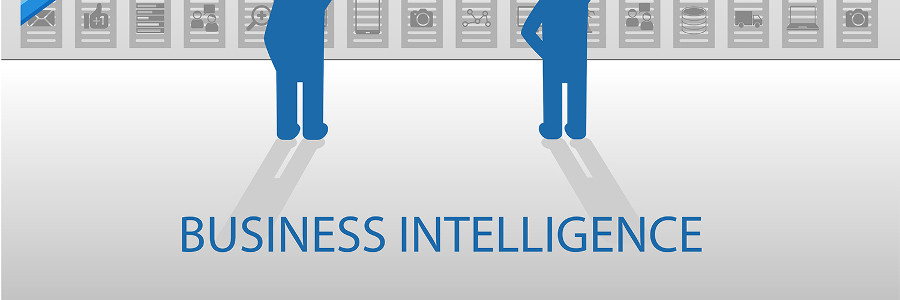Business intelligence (BI), also referred to as big data, refers to the capture, aggregation, and analysis of large amounts of data. Such data can be used to help organizations make better decisions about all aspects of their business. In recent years, BI has been applied to the healthcare industry with great success.
BI in healthcare: The key to reducing readmission rates
Leverage business intelligence to achieve your SMB goals
How big data helps lower hospital readmission rates

In the healthcare industry, mistakes lead to misdiagnoses, improper medical treatment, and, inevitably, hospital readmissions. But business intelligence (BI) is changing that by equipping healthcare professionals with powerful real-time information.
At its core, BI software is all about data analytics.
An excellent update to Microsoft Excel
Why small businesses should consider business intelligence

For years, big companies have been harnessing the power of business intelligence (BI) to improve business performance. And for them, paying experts to analyze large data sets is no issue. It’s different with small- and medium-sized businesses (SMBs). SMBs also store large volumes of data, but many are wary of spending too much on BI. Still, SMBs should leverage BI to gain an edge — fortunately, there’s plenty of budget-friendly business tools and resources available nowadays.
Big data’s positive effects on healthcare readmission

Business intelligence (BI) has fueled the growth of many businesses through the years, especially in the finance and manufacturing industries. Today, the benefits extend beyond those industries, as BI and big data have become important tools for healthcare businesses aiming to improve their processes.
BI is for small businesses too

Business Intelligence (BI) has conventionally been limited to big business; only they can afford pricey experts with specialist knowledge who can leverage BI’s value. But the rise of self-service BI tools has leveled the playing field, allowing small- and medium-sized businesses (SMBs) to get in on the game too.
Choosing the right business dashboard
Lower hospital readmissions through big data

The medical industry is teeming with data. Patients that receive care, for example, have hundreds of data points associated with their medical history. But how is this data being handled? In most cases, not carefully enough. By adopting one of business’s more popular technology solutions, your medical facility could save money and improve patient care so much as to lower readmission rates.
Is CRM software essential to your business?
- 1
- 2




